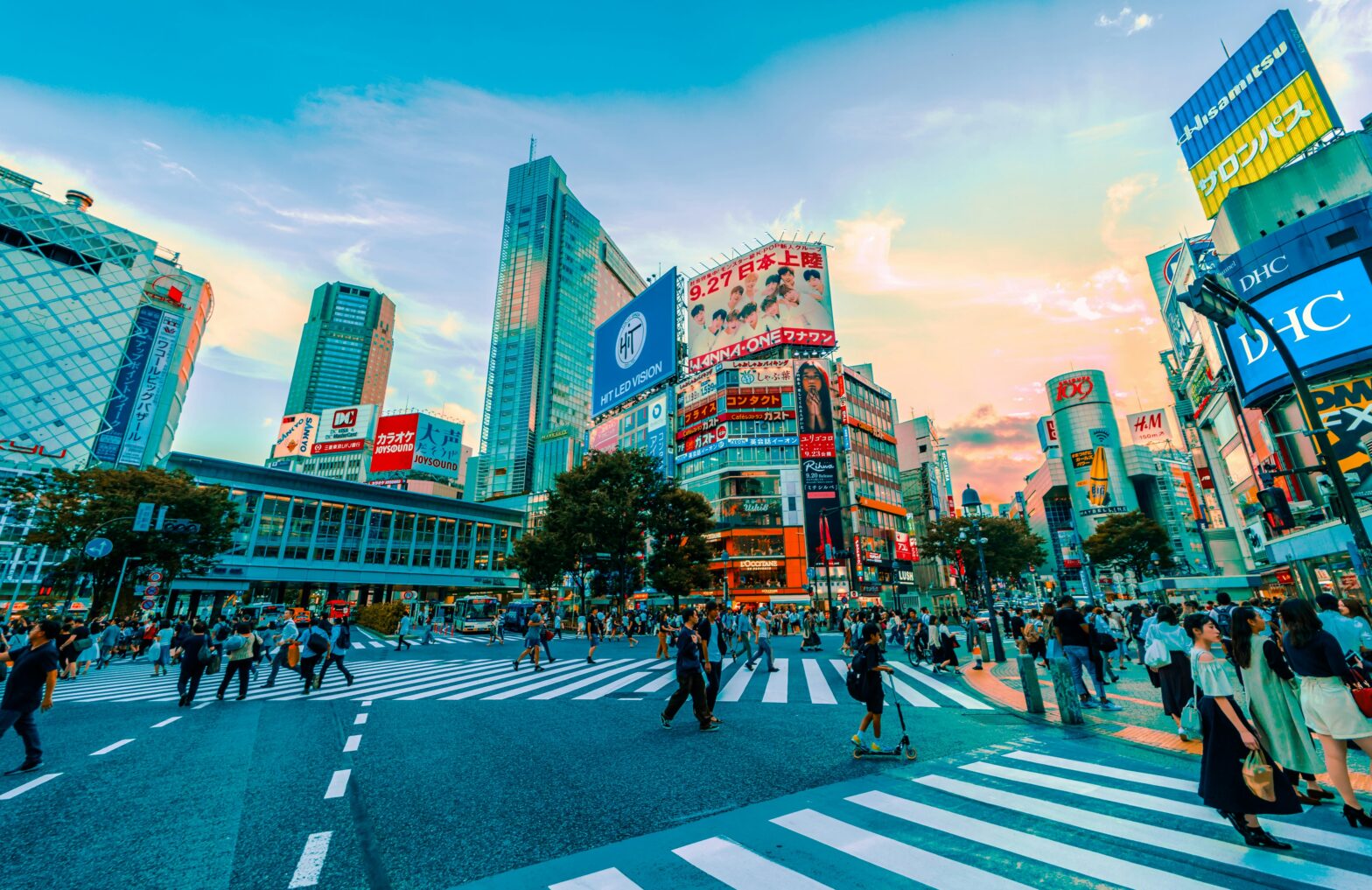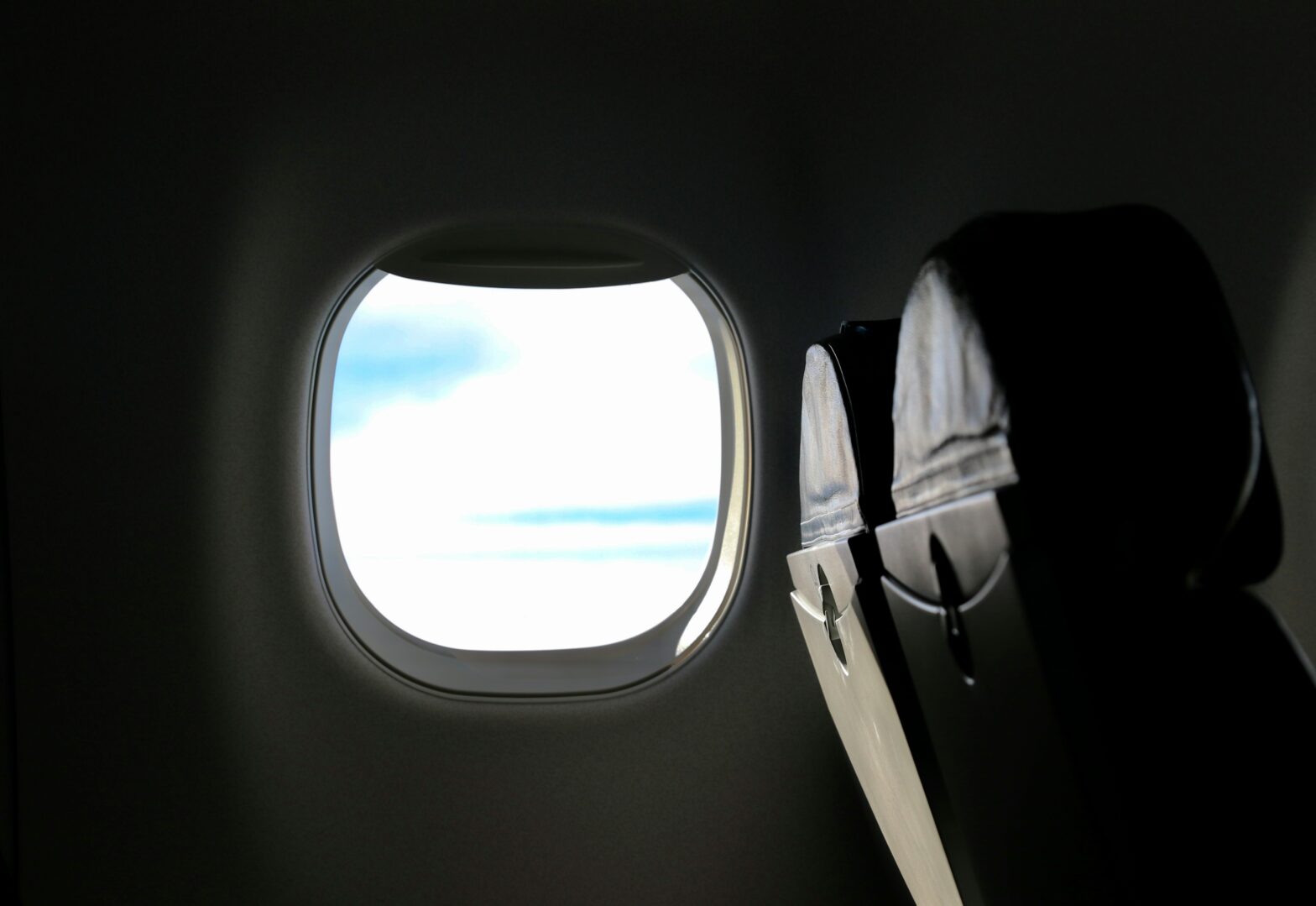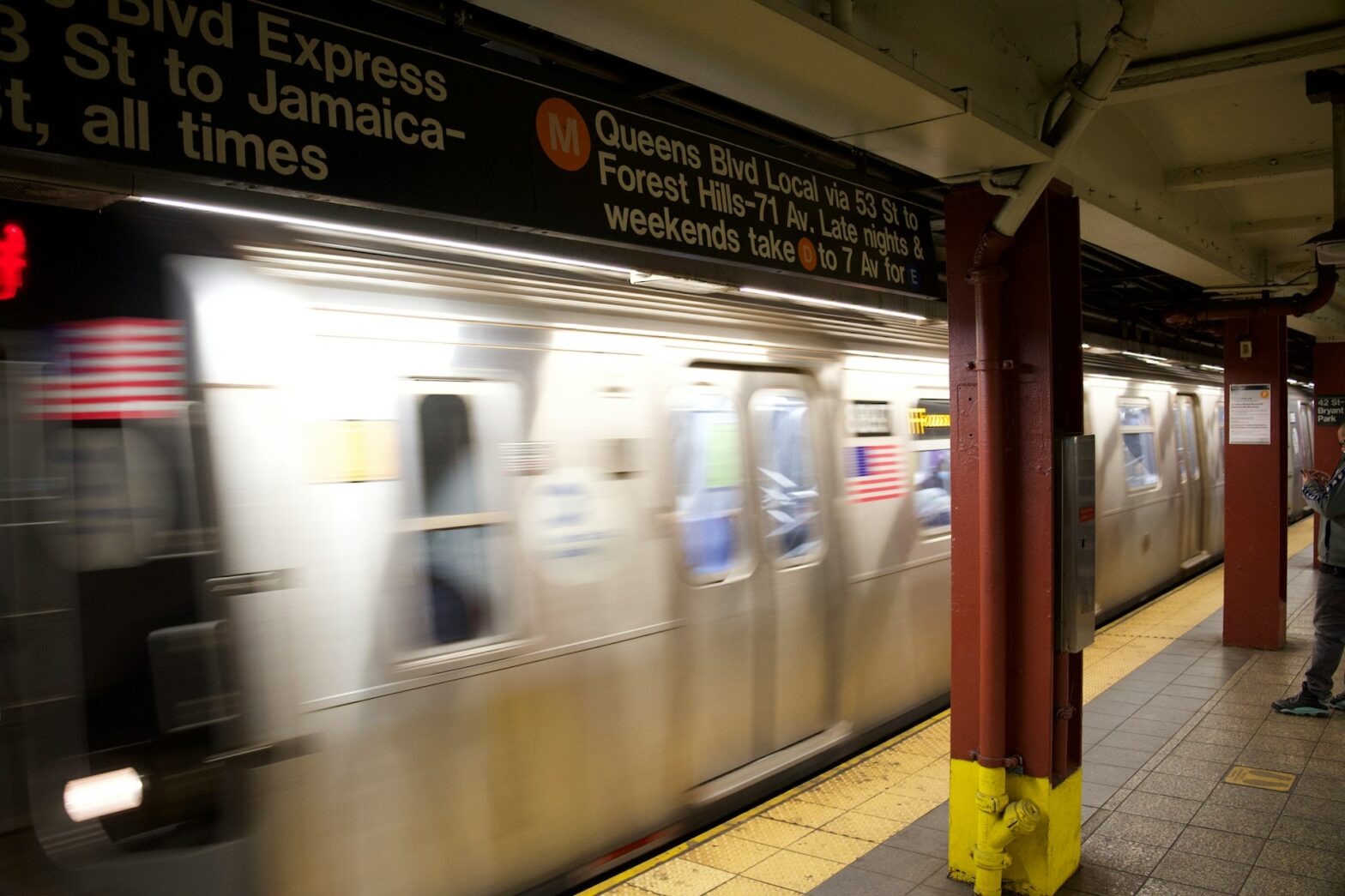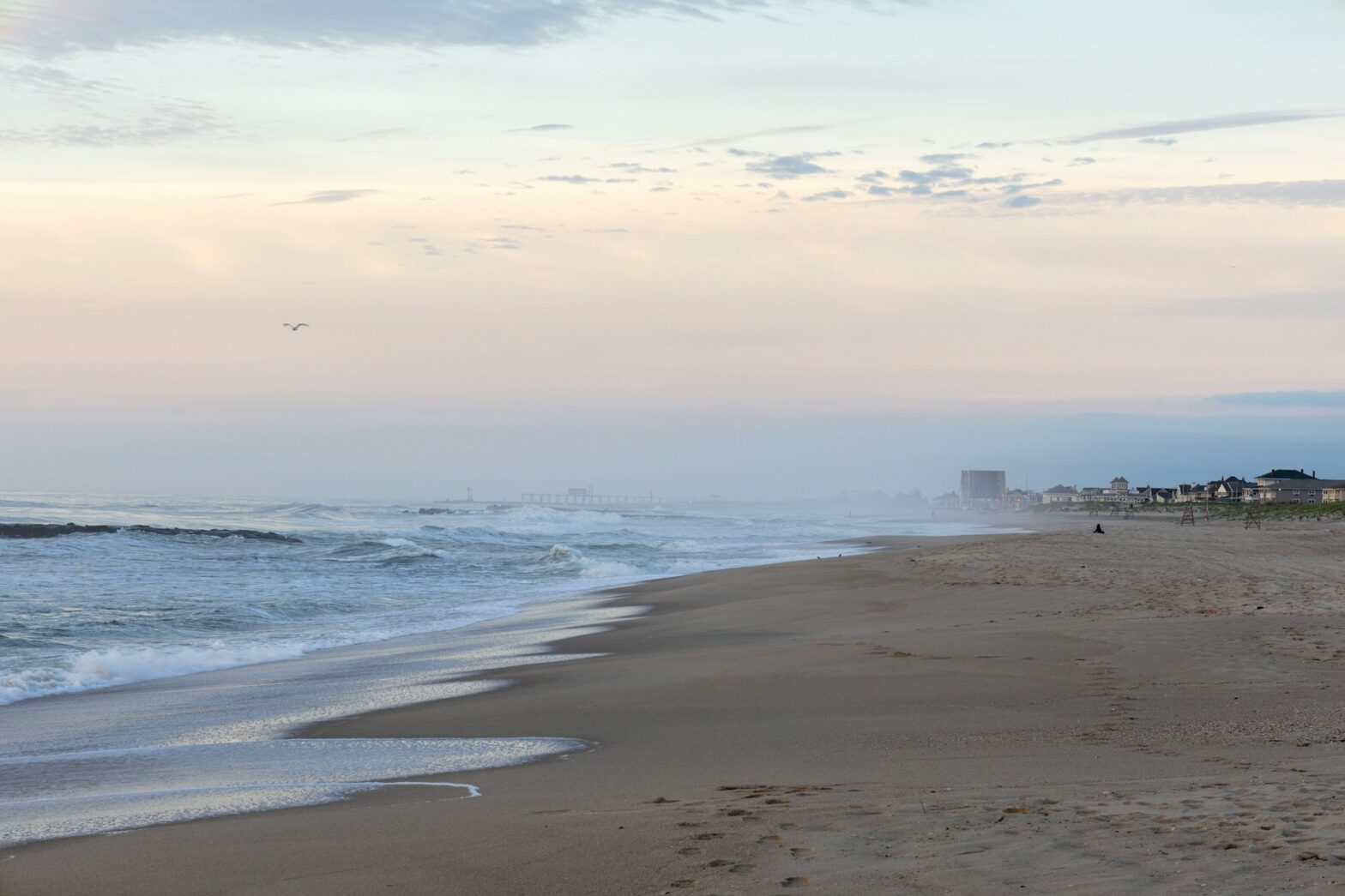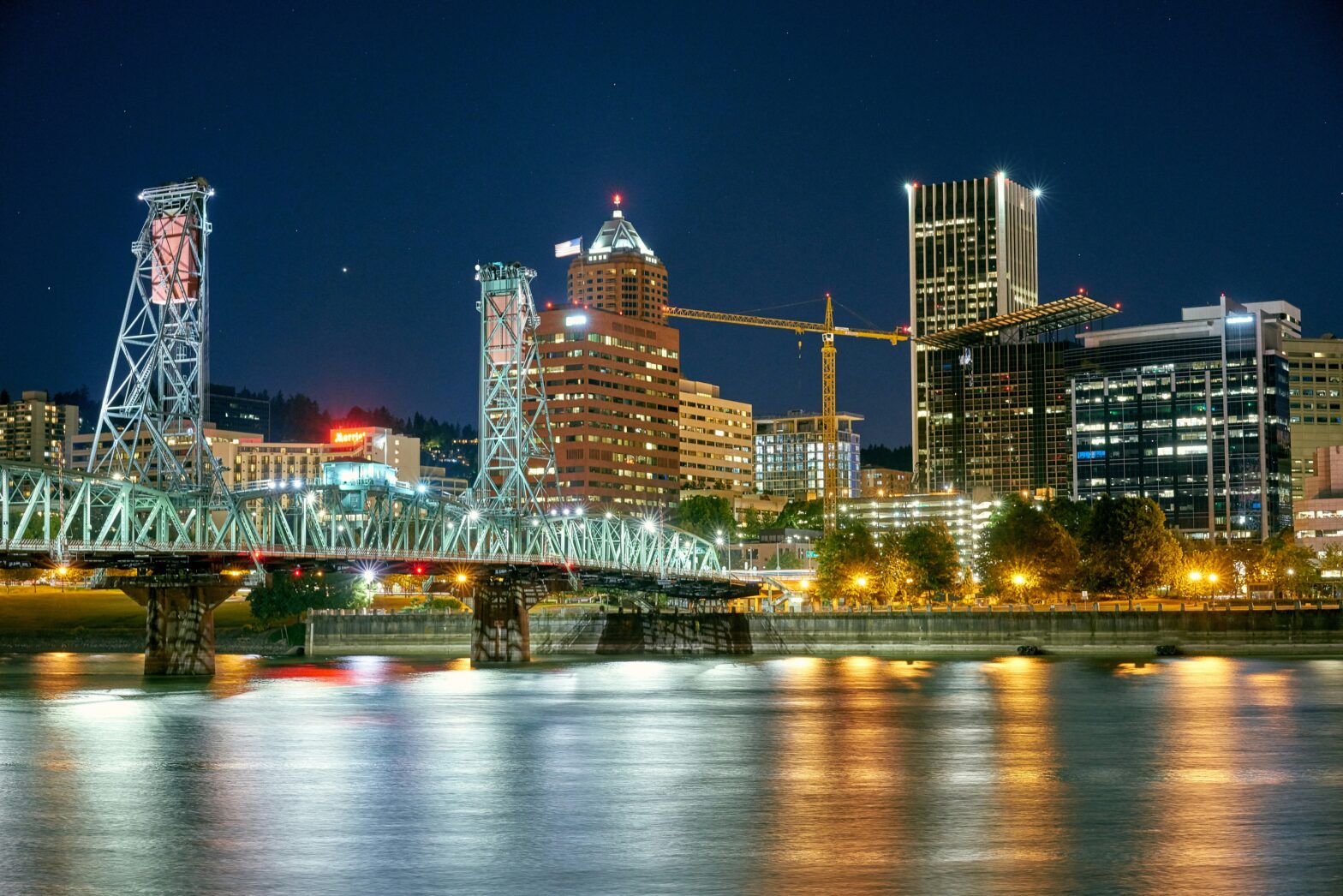Japan’s tourism boom is anticipated to continue in 2025. The East Asian island country is popular among Gen Z and millennials, but it’s a year-round destination with something for everyone. Japanese cuisine, culture, and vibrant, stylish retailers are major draws.
In addition to its bustling, technologically advanced cities, Japan is also a hub of history and natural beauty.
Official Travel Advisories
The State Department currently classifies Japan as a “Level 1” zone, meaning travelers should “exercise normal precautions” before visiting. The travel advisory was last updated on January 8, 2024, as of this reporting. The notice gives Japan the lowest level advisory on the State Department’s scale.
The Centers for Disease Control and Prevention (CDC) doesn’t currently have any travel health notices listed. Neither does the World Health Organization (WHO).
Southwest Japan experienced a 6.6 magnitude earthquake on January 13, 2025, leaving minor damage according to the Associated Press. The tsunami advisories for the Miyazaki and Kochi prefectures were lifted several hours after the earthquake. Aftershocks may occur over the following days.
Is Japan Safe For Tourists And Solo Travelers?
Japan is generally safe for tourists and solo travelers. Crime against LGBTQIA+ travelers is reportedly rare. The country is considered safe for female solo travelers, though some women may feel more comfortable riding in “women-only” train cars (if available) while taking public transportation. Sexual harassment towards women on public transit has been an issue, but Japanese authorities aim to mitigate the prevalence.
Much of Japan is accessible and wheelchair-friendly. The country’s tourism website has a page sharing information on accessible tourism in Japan.
The Japan National Tourism Organization (JNTO) offers a 24-hour “Japan Visitor Hotline” (and a chatbot) that can provide “tourist information or assistance in the case of accidents and emergencies.”
The United States’ Overseas Security Advisory Council (OSAC) says visitors in Japan should carry proof of their immigration. The source also noted that “the U.S. Embassy has received multiple reports of foreigners stopped and searched by Japanese police in suspected racial profiling incidents.” Outside of that, hate crimes are generally low.
Crime
Crime is low — and crime against tourists is rare. However, travelers are encouraged to take precautions that will keep them safe from pickpocketing, robberies, drinking spiking, and physical and sexual assault. OSAC particularly suggests being mindful of crime “in all entertainment and nightlife districts.”
Transportation
Public transportation (trains, buses, etc) is safe and reliable. Travelers may also feel comfortable taking taxis.
Bank Safety Information
Exchange currency at the airport and withdraw cash at ATMs. However, JNTO notes that “not all ATMs are 24 hours and, in central areas, may run out of cash at times.”
Health
Travelers are encouraged to have their routine vaccines, as well as protection against COVID-19, Hepatitis A, Hepatitis B, and Measles. Those who will be in areas with Japanese encephalitis for an extended period, or go hiking/camping in rural areas, are encouraged to get protected against that virus (which is mainly spread by mosquitos). Avoid getting bug bites in general or contracting tick-borne encephalitis. Moreover, avoid sick people and contaminated water. Stay safe from avian/bird flu and Hantavirus by avoiding domestic/wild poultry and rodents. JNTO offers resources to help you find a medical institution or information about medical treatments.
Ambulances are generally available. Medical care providers may need cash payment before treatment, so clarify costs before undergoing care. Also, OSAC notes that “English-speaking physicians and medical facilities that cater to U.S. expectations are expensive and not widespread.”
Ensure that your medications are legal in Japan before traveling there with them. Adderall and marijuana are illegal. Drug penalties are harsh, and you will be subjected to local laws and punishments.
Environmental Hazards
OSAC notes that Japan “frequently experiences natural disasters and extreme weather events, including earthquakes, typhoons, tsunamis, and landslides.” Despite that, the source claims Japan’s disaster response is “world-renowned.” Moreover, much of the country’s infrastructure is built to prevent and minimize potential damage from those natural events. Travelers can sign up for “J-Alert” notifications in English from the Japanese government regarding warnings, weather, and general important information.
Common Scams To Aware Of In Japan
*See the “Crime” section above.
How To Stay Safe In Japan
American travelers should take standard precautions as advised by the government, including registering for the Smart Traveler Enrollment Program (STEP). Also, stay updated about your destination via the State Department and the U.S. Embassy Tokyo on social media. The authorities additionally recommend having a “contingency plan for emergency situations.”
Get travel health/medical insurance coverage before your trip.
Where To Stay In Japan
Many places in Japan are safe for tourists. Many visitors explore Tokyo, Osaka, and Kyoto.
Regarding where to stay in Tokyo, neighborhood recommendations include Shinjuku, Shibuya, and Ginza. Hotels to consider are Aman Tokyo, JR Kyushu Hotel Blossom Shinjuku, and the Mandarin Oriental. In Osaka, check out the Conrad, the Centara Grand Hotel, and the RIHGA Royal Hotel. In Kyoto, there’s Kyokoyado Muromachi Yutone, The Thousand Kyoto, and Dhawa Yura Kyoto.
Best Time To Visit Japan
Japan is a year-round destination. When you visit should depend on what you want to do while there. Peak tourism will be from March through May, when many visit to experience the springtime Japanese cherry blossom season. Another popular time for tourism is in the autumn — particularly September through November — when travelers can enjoy stunning fall foliage. Fall in Japan can also include exploring hot springs and attending the Sapporo Autumn Festival.
Tourism from January through March can be low — but it’s an epic time to experience winter skiing in the Japanese Alps. Japan’s summers are hot and humid, although cooler temps in mountainous areas may bode well for hikers and nature lovers. The rainy season is between June and July.
People Also Ask
What is the #1 tourist attraction in Japan?
Mount Fuji is considered the top attraction in Japan.
Which place to visit in Japan for the first time?
Tourists will likely visit Tokyo, Osaka, or Kyoto.
What are the requirements to enter Japan?
To enter Japan, visitors must travel with a valid passport that will remain valid at least through the duration of their stay (which is 90 days maximum for visa-free visits). Visa-free entry can be granted for leisure or business travel in Japan.
What is the cheapest month to go to Japan?
January is generally considered the cheapest time to visit Japan.
Should I Visit Japan?
Travelers should visit Japan if they’re willing to take standard safety precautions before going and while there. If going to wooded areas, consider vaccinating yourself against Japanese and tick-borne encephalitis. Also, if you’ll be enjoying nightlife, stay vigilant of potential pickpockets and those spiking drinks.
Stay updated on natural disasters by signing up to receive the Japanese government’s “J-Alerts.” If you have questions or need help, resources, including the Japan Visitor Hotline, are available to take advantage of.
